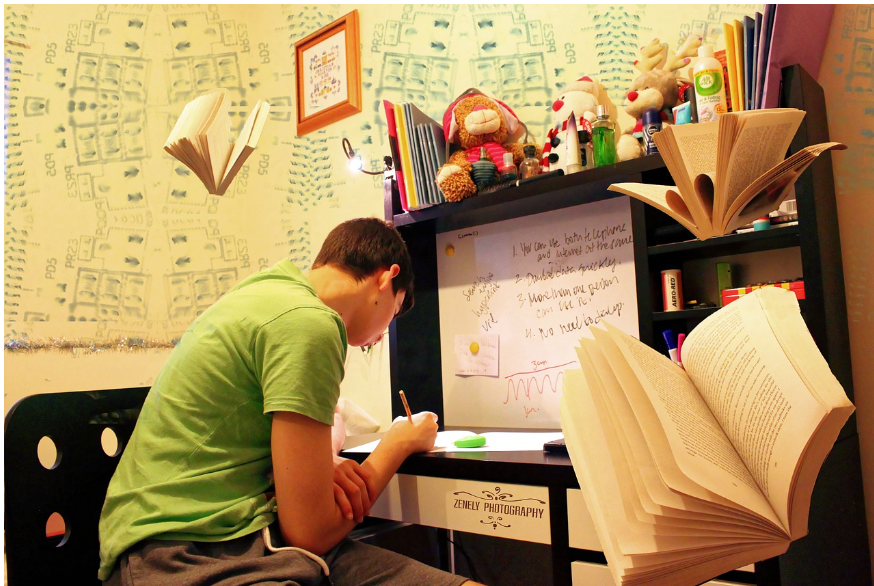While it can be tempting to ‘pull an all-nighter’ the day before the exam, cramming it all into the last minute might not be the best strategy.
Instead, students need to study as soon as they know when their test is going to be and have access to all the material that will be covered on the test. Studying in small increments over a longer time frame, such as studying 30 minutes a day for the two weeks leading up to the exam, is more effective, allowing students to retain more information, in order tokeep the last-minute panic at bay.
Give Your Brain a Break from Studying
The brain can only process so much at one time. That’s why it’s good to take breaks when needed and truly rest between study sessions. If students try to study for five hours straight, they will most likely feel mentally and physically exhausted. When they routinely study 45 minutes on and 15 minutes off, they give their body and mind the time it needs to recover from periods of intense focus.
Use the Provided Study Guides
Most university departments provide a study guide. This is a great place to start since it’s directly from the person who will be creating—and grading—your exam. When reviewing study guides, taking notes on important points is important.
Many professors will offer a study session before the exam. No matter how prepared students think you are, they never know what kind of helpful information these sessions provide.
Find Out as Much About the Test as Possible
Knowledge is power, especially when it comes to tests that measure how much students have learned in class! Before taking their next test, students need to find out as much information about it as possible. One effective way to improve exam performance is to analyse and learn from previous exams. By doing a number of past papers, students will better understand new concepts, be able to analyse their mistakes and strengthen their subject knowledge base.
Study for the Exam Type
There are many different ways to study for an exam, such as writing out important content, rereading chapters from your textbook and quizzing your friends in a study group. While students should use a variety of study methods, they need to make sure to study specifically with the types of questions that will appear on the exam. If a test includes essays, write out a few mock essays. If the quiz is multiple choice, come up with some multiple-choice questions related to the subject content.
Study Mind provides comprehensive exam preparation for students of all ages, across a wide range of academic milestones. They specialize in 11+exams, GCSEs, A-Levels, the IB, IELTs and other further education assessments.

The idea of practicing with timed mock exams, enhancing critical thinking skills, utilising effective test-taking strategies, reading and understanding the instructions before the exam and familiarising one self with the format and structure of the tests, results in students who are better prepared for this very stressful and high-stakes process.








